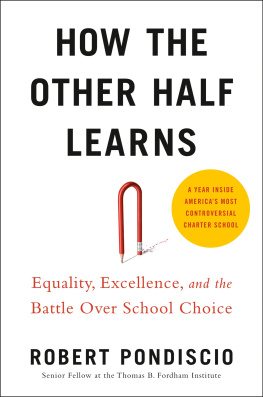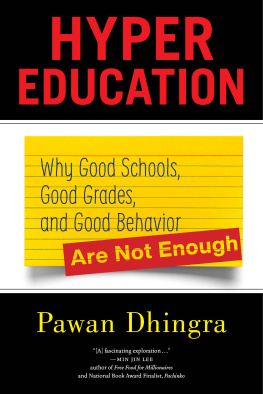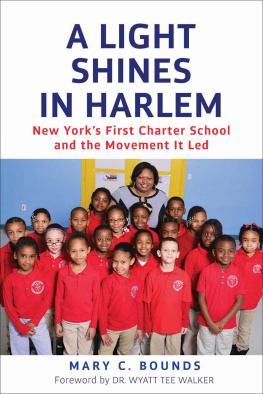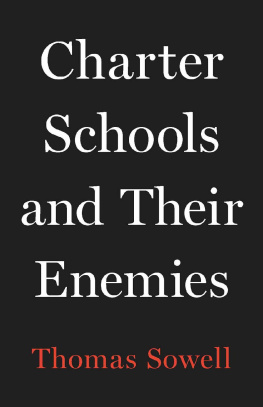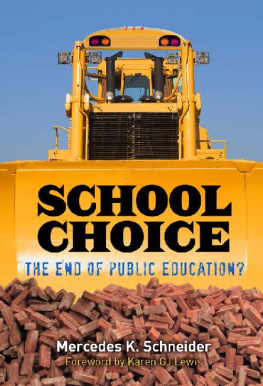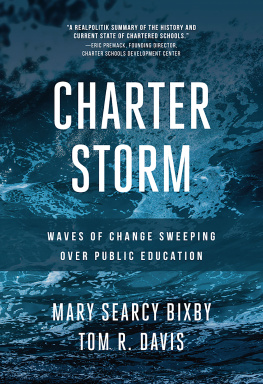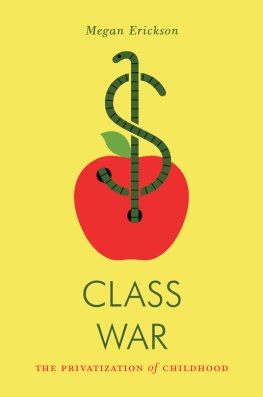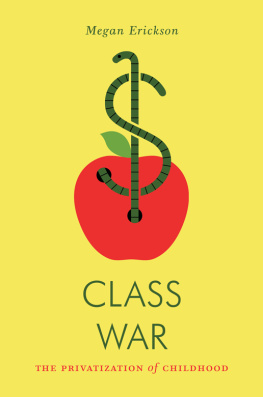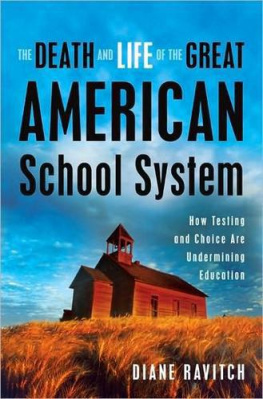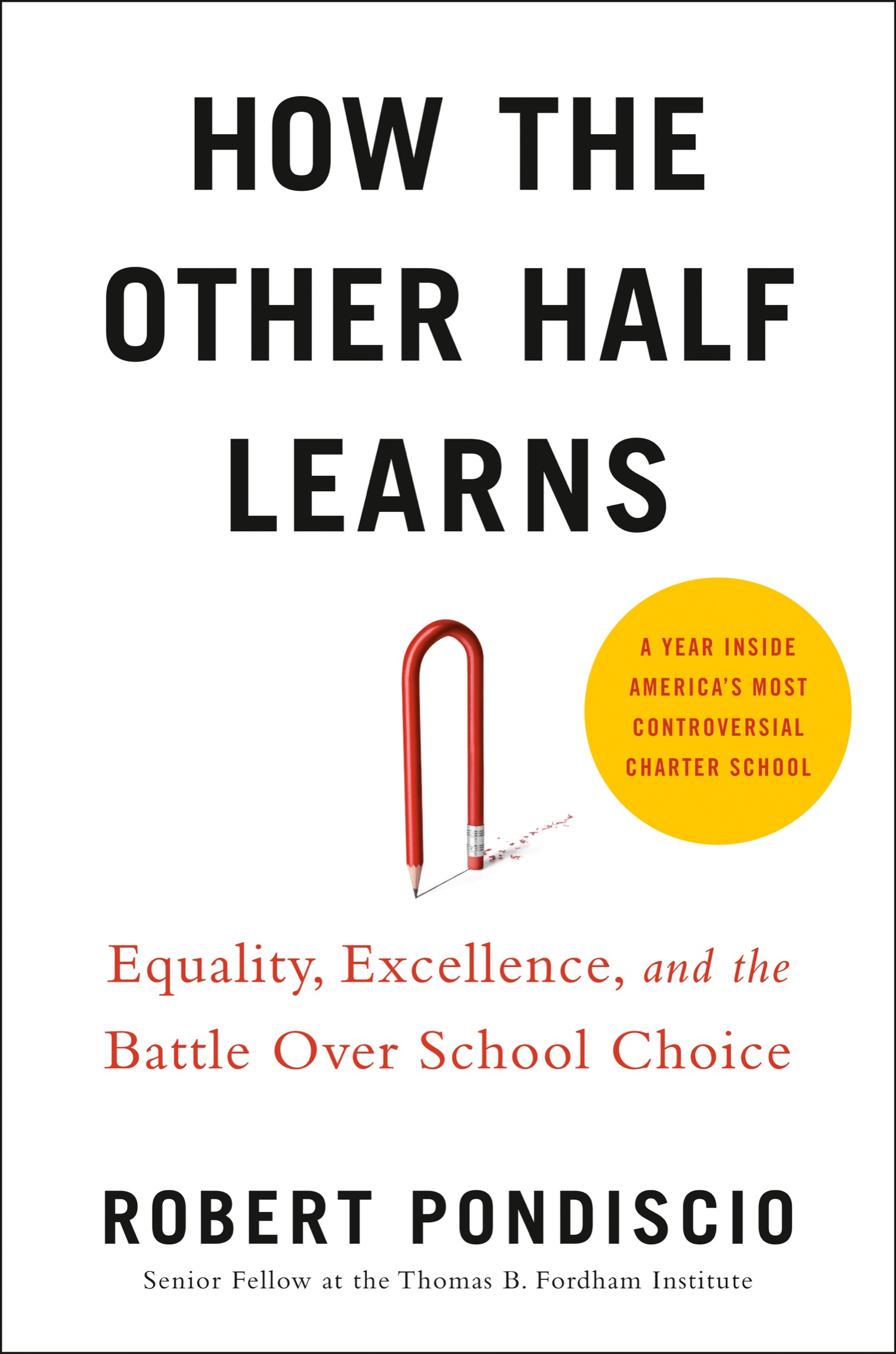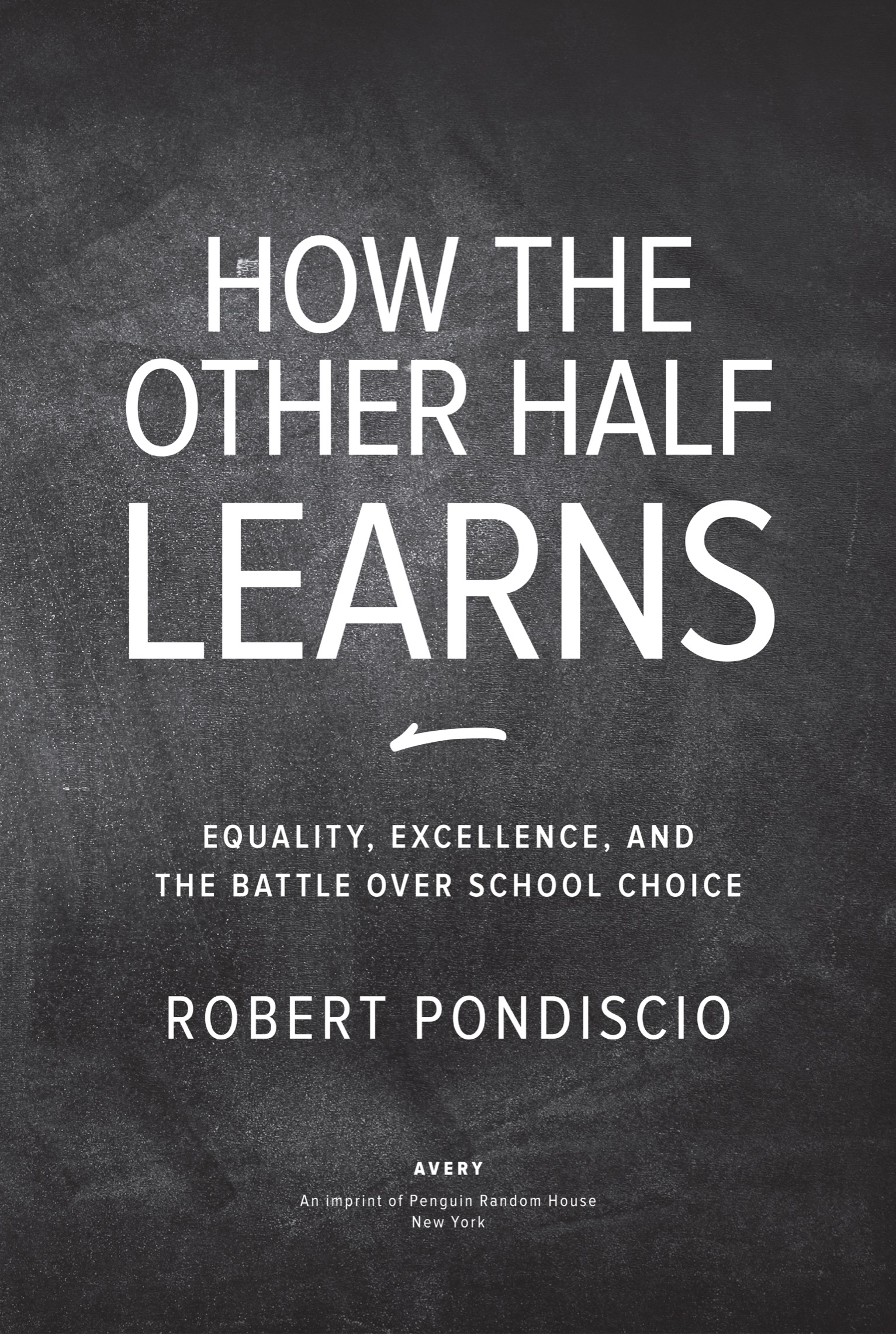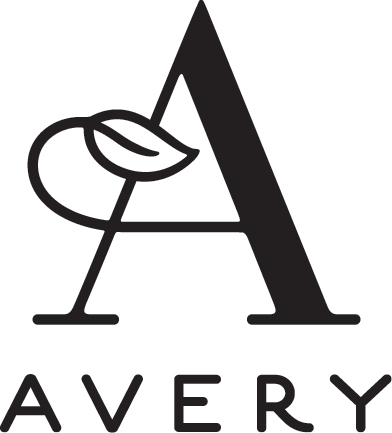Robert Pondiscio - How the Other Half Learns: Equality, Excellence, and the Battle Over School Choice
Here you can read online Robert Pondiscio - How the Other Half Learns: Equality, Excellence, and the Battle Over School Choice full text of the book (entire story) in english for free. Download pdf and epub, get meaning, cover and reviews about this ebook. year: 2019, publisher: Avery Publishing Group, genre: Children. Description of the work, (preface) as well as reviews are available. Best literature library LitArk.com created for fans of good reading and offers a wide selection of genres:
Romance novel
Science fiction
Adventure
Detective
Science
History
Home and family
Prose
Art
Politics
Computer
Non-fiction
Religion
Business
Children
Humor
Choose a favorite category and find really read worthwhile books. Enjoy immersion in the world of imagination, feel the emotions of the characters or learn something new for yourself, make an fascinating discovery.
- Book:How the Other Half Learns: Equality, Excellence, and the Battle Over School Choice
- Author:
- Publisher:Avery Publishing Group
- Genre:
- Year:2019
- Rating:4 / 5
- Favourites:Add to favourites
- Your mark:
How the Other Half Learns: Equality, Excellence, and the Battle Over School Choice: summary, description and annotation
We offer to read an annotation, description, summary or preface (depends on what the author of the book "How the Other Half Learns: Equality, Excellence, and the Battle Over School Choice" wrote himself). If you haven't found the necessary information about the book — write in the comments, we will try to find it.
The promise of public education is excellence for all. But that promise has seldom been kept for low-income children of color in America. InHow the Other Half Learns, teacher and education journalist Robert Pondiscio focuses on Success Academy, the network of controversial charter schools in New York City founded by Eva Moskowitz, who has created something unprecedented in American education: a way for large numbers of engaged and ambitious low-income families of color to get an education for their children that equals and even exceeds what wealthy families take for granted. Her results are astonishing, her methods unorthodox.
Decades of well-intended efforts to improve our schools and close the achievement gap have set equity and excellence at war with each other: If you are wealthy, with the means to pay private school tuition or move to an affluent community, you can get your child into an excellent school. But if you are poor and black or brown, you have to settle for equity and a lecture--about fairness. About the need to be patient. And about how school choice for you only damages public schools for everyone else. Thousands of parents have chosen Success Academy, and thousands more sit on waiting lists to get in. But Moskowitz herself admits Success Academy is not for everyone, and this raises uncomfortable questions wed rather not ask, let alone answer: What if the price of giving a first-rate education to children least likely to receive it means acknowledging that you cant do it for everyone? What if some problems are just too hard for schools alone to solve?
Robert Pondiscio: author's other books
Who wrote How the Other Half Learns: Equality, Excellence, and the Battle Over School Choice? Find out the surname, the name of the author of the book and a list of all author's works by series.

